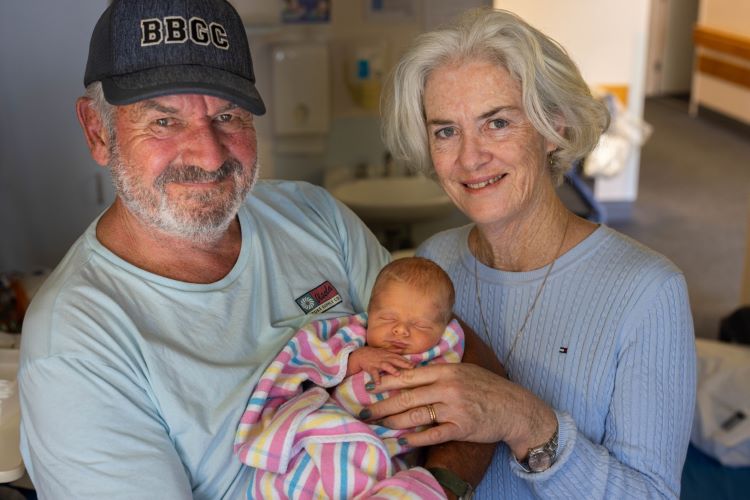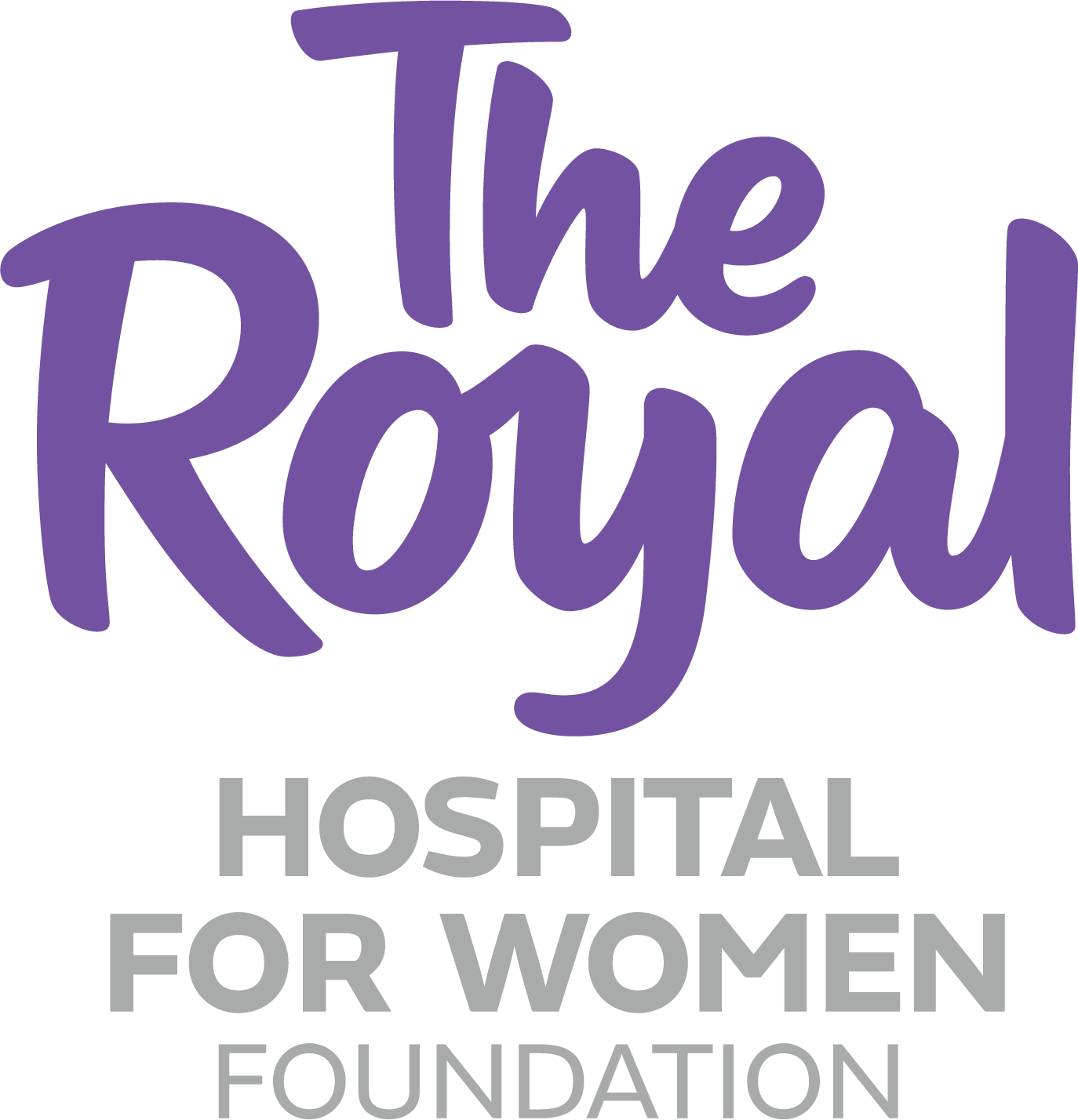How You Can Help

Our needs are great – your support is vital. The Royal Hospital for Women has a dedicated Foundation, which helps us to meet the challenge of providing the very best health care for women and babies.
The Foundation, an independent body governed by a board of directors, is committed to saving lives and enhancing the quality of life for women and babies, by raising funds for the hospital.
By financially supporting the Foundation you are helping the only specialist hospital for women in NSW to:
-
Perform fetal surgery
-
Save premature and critically ill babies
-
Treat women for gynaecological cancer
-
Attend to women needing acute care services
-
Perform surgery for women with breast cancer
-
Provide care for every one of the 10,000 women who rely on a special partnership with the Royal Hospital for Women
A gift from you demonstrates your commitment to the health and welfare of women and newborn babies. With your help, our goal – to raise funds for the Royal to benefit the community of today and future generations – will be realised.
Some of the many ways to support The Foundation are through a one-off donation of thanks, through a regular or monthly donation or by setting up your own fundraising page. You can also take part in one of the many fundraising events on behalf of The Royal Hospital for Women Foundation and help transform lives.
To learn more about the RHW Foundation and how together we can help more women and babies visit the Foundation's website. For enquiries on setting up your own fundraiser and giving back, please email fundraise@royalwomen.org.au
Alternatively your donation can be forwarded to :
The Royal Hospital for Women Foundation Locked Bag 2000 Randwick NSW 2031
Tel: 02 9382 6720
Randwick NSW 2032
Locked Bag 2000 Randwick NSW 2031
-33.918984631921, 151.23821728454
Bone Densitometry
Osteoporosis is a chronic disease that results in bone fragility and low trauma fractures. It typically affects older persons, with over 70% of fractures occurring in women and men over 70 years of age. In particular, bone loss is increased in women after the menopause with 2 out of every 3 women affected after the age of 60.
Dual Energy X-ray Absorptiometry (DXA) is the gold standard imaging used for the diagnosis of osteoporosis. There are a number of effective treatments available, which can be offered in conjunction with optimising dietary calcium intake, and strength and resistance exercise.
Body composition measurements determine the different tissue proportions of fat, lean muscle and bone in our body.
The Royal Hospital for Women Bone Densitometry Service offers:
- DXA measurements of spine and proximal femur
- DXA measurement of other clinical sites (eg radius) if requested or if spine or femur are unable to be imaged
- Whole body composition
- Trabecular bone score to assess bone architecture
Clinic Days and Times:
Monday to Friday - 8am to 4.30pm
Specialist:
Dr. Amanda Beech
Level 0 Barker St, Randwick
Entry Via Barker St & POWH or RHW Entrance
Building: Campus Centre Building 17
Barker Street
Randwick NSW 2032
-33.919173759291, 151.23934328556
if you have condition that affects your bone health, a referral from your GP or specialist physician is required. You will be bulk billed under Medicare in this case.
If you do not have a bone health issue OR if you do not fall into a Medicare rebate category a service fee between $80 to $130 will be charged.
- We use DXA imaging to assess bone density and total body composition in both adults and children.
- We provide support and services for clinical trials and studies involving osteoporosis.
- We provide imaging support to the Secondary Fracture Prevention Service at the Royal Hospital for Women and the Prince of Wales Hospital, a comprehensive multidisciplinary service which aims to optimise bone health through specialist endocrinology and physiotherapy care.
People, aged 5 and above, who require assessment of bone health or body composition.
A simple non-invasive scanning procedure, lasting about 15 minutes.
People referred by their GP’s or medical specialists for DXA imaging for investigation or management of osteoporosis, or for body composition testing to assess for fat, lean muscle and bone proportions.
- GP Referral
- Medicare card,
- We accept EFTPOS, master and visa card if paying for our service
